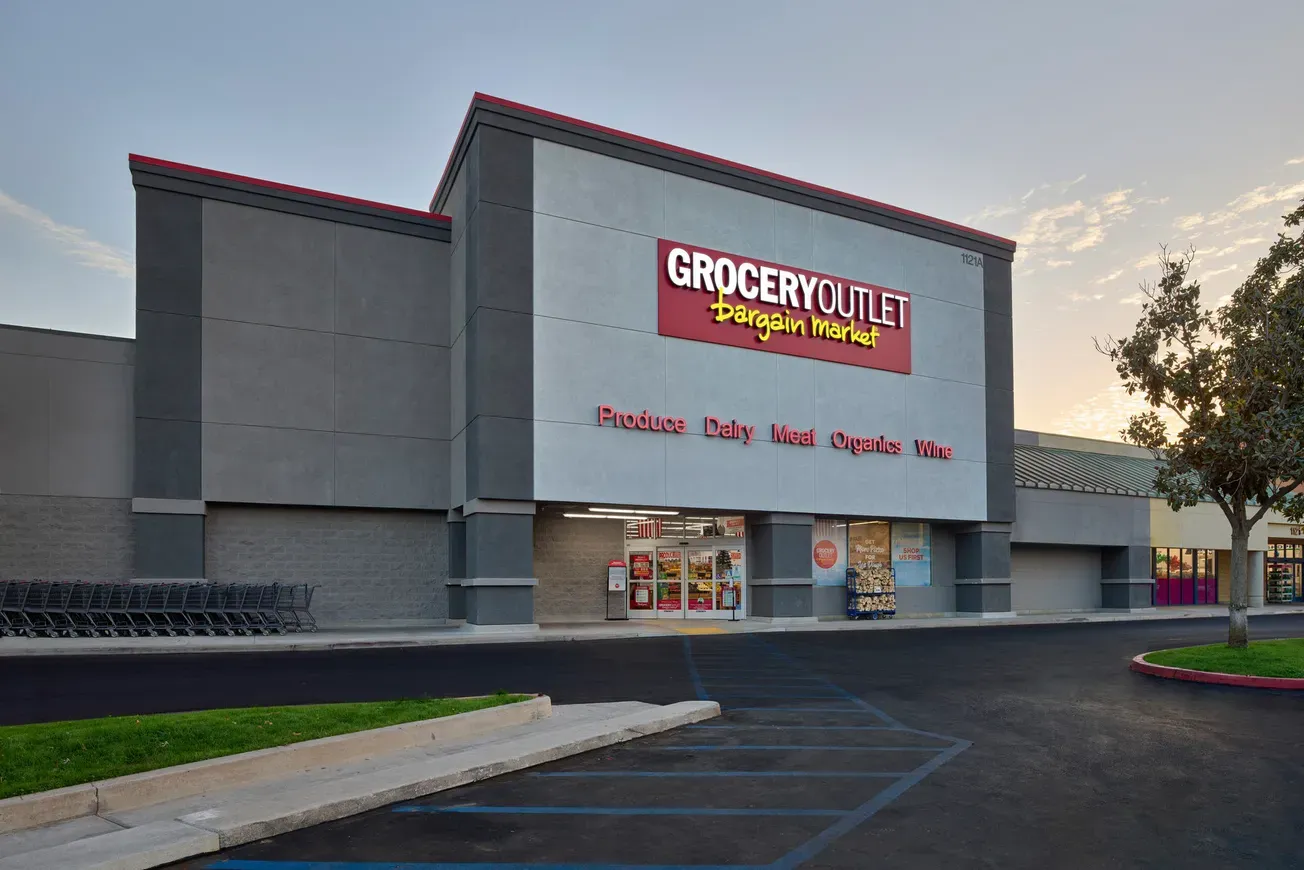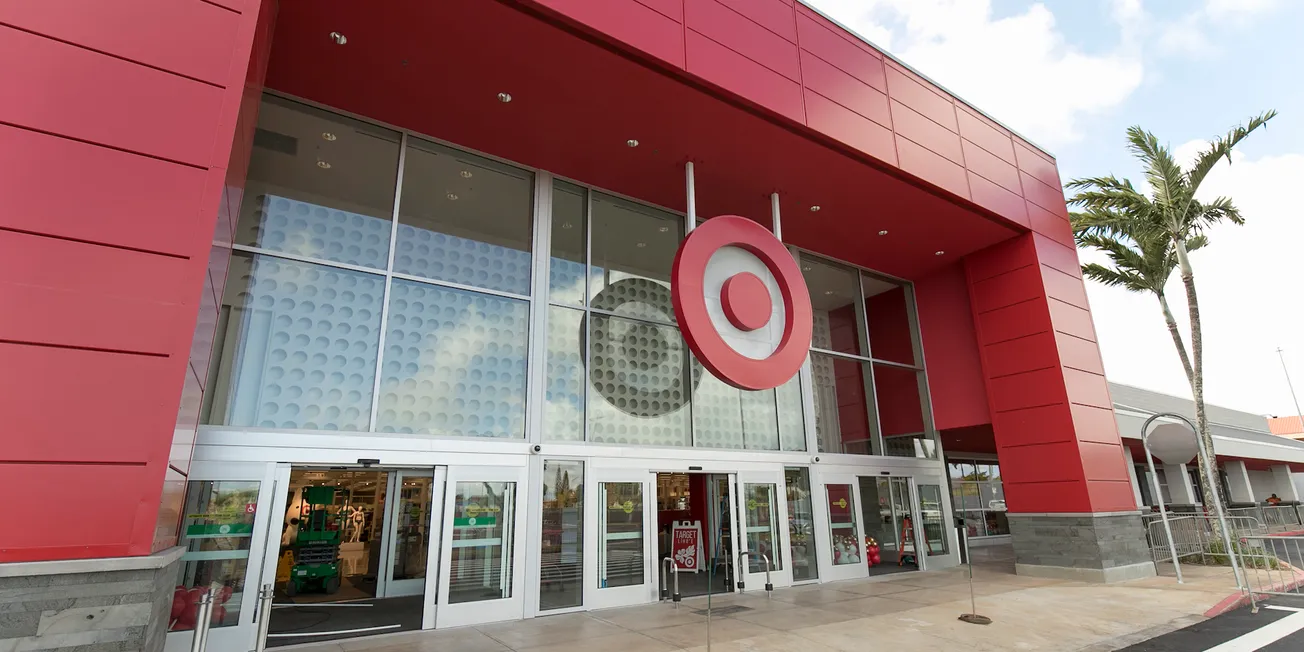BELLPORT, N.Y. — His career started in high school when he began working at a Loblaw Cos. supermarket in Erie, Pa., and today Jim Wonderly is vice president of strategic accounts at QK Healthcare Inc. Wonderly credits his manager at Loblaw, Jim Mifsud, for helping to launch his career by recommending him as a health and beauty care assistant buyer at Peter J. Schmitt, Loblaw’s Buffalo, N.Y.-based wholesaler.

Jim Wonderly
After working for a few different wholesalers, Wonderly moved to Tops Supermarkets as HBC category manager and subsequently became director of HBC and general merchandise. After Ahold purchased Tops, the company established a centralized GM/HBC organization in 1994 to service the Ahold USA chains and tapped Wonderly to establish and run its procurement/merchandising area. In this role, Wonderly helped to found American Sales Co. (ASC).
Wonderly says Bob Morick, president of ASC, was another positive influence on his career. In 2006, Wonderly moved to Massachusetts to work as vice president of GM/HBC for Stop and Shop Supermarkets. Don Sussman — currently president of Stop and Shop’s New York metro division — is another executive Wonderly says has been very supportive and a great mentor. “He, Jeff Dichele and the team at Stop and Shop helped me learn the ins and outs of the nonfood business, how to develop and manage budgets, and stressed the importance of maintaining a strong relationship with operations,” Wonderly says.
“While at Stop and Shop, I moved into the vice president of pharmacy role before moving to Ahold USA as vice president of grocery nonfoods and as vice president of GM/Pet.” Wonderly adds that Carl Schlicker and Jeff Martin at Ahold USA were two more executives who furthered his development and career growth. “After 25 great years, I elected to leave Ahold and join the QK Healthcare team in October 2015,” Wonderly says.
For his contributions to the field, Wonderly has been named one of MMR’s Seven Executives Who Made a Difference in 2016.
Motivating and mentoring his sales team to help them grow the client base and increase productivity of existing clients is one of Wonderly’s top goals in his current role at QK Healthcare. Working with people who have many competing priorities in the busy world of retail and helping them understand QK Healthcare’s value proposition is one of his biggest challenges.
In describing his management style, Wonderly says taking an interest in people’s lives; communicating and defining expectations while holding people accountable for performance; eliminating barriers to success; developing people; and looking in the mirror when issues arise versus spending energy blaming others are the traits he lists among his greatest strengths. Yet there is also room for improvement, in Wonderly’s view, such as consistently increasing the speed with which decisions are made and implemented.
Wonderly believes that treating people and vendors fairly and being straightforward in communicating with them is a personal attribute that has been most vital to his success as a retailer. “If the answer is no, do not lead a vendor partner on by not being succinct with your communication,” Wonderly says. “Do not let failures define who you are, but learn from them and move forward. If you never fail, you are not pushing the boundaries for success.”
Wonderly is credited with having a strong, positive influence on the growth of nonfoods and making the transformation of retail a priority — although he says, “I don’t know that I agree with such a lofty statement.” He adds, however, “I have been blessed to work with some great people, and together we were able to accomplish our goals as a team. Nonfoods is a fun category and one that is not necessarily on the shopping list for a grocery customer.”
Some of the key points that Wonderly says have helped drive sales include understanding the customer and what drives the purchasing decision; having multiple points of interruption for GM products within the store; and placing those products in the right location — such as putting a Hot Wheels display in the cereal aisle, where it may sell through within two to three weeks, compared to having it in the middle of the seasonal aisle, where it may sell in six weeks. Produce is a great area for GM items that tie into the department, but these must be done judiciously,” Wonderly points out. “A serviced clip strip program placed in the store generates great incremental sales.”
Wonderly says he was fortunate to work with a very talented own brands team at Ahold. Together they launched the CareOne and Smart Living brands for HBC and GM. “We also worked together and redesigned the Smart Living brand a few years ago and greatly increased the number of items carried in the stores,” he says. “A strong own brands program is an essential part of a winning GM/HBC strategy.”
Integrating pharmacy and HBC is a winning strategy that helps drive sales in both areas, according to Wonderly. “Pharmacy customers are loyal to the store; use this to your advantage,” he says.
“Strong relationships based upon mutual respect with vendor partners is a key part of a winning strategy. Do not make promises you cannot keep, and maintain open lines of communication,” Wonderly says.
He cautions against “insult pricing.” GM and, to a lesser extent, HBW can generate large margins. “But do not allow pricing to become a reason for [customers] to make a trip to another retailer for the same item when they are already in your store,” he says.
Wonderly also advises working with vendors on customized end-caps and displays tailored to the customer, as well as using trade organizations and shows to help find suppliers and develop relationships, and for educational purposes. “Be selective with the trade shows,” he says. “Time is the most important commodity.”
Another necessary component to a winning strategy, in Wonderly’s view, is strong relationships with store operations and sales. “Enlist them as partners and listen to their concerns. They are the ones on the front lines with the customers. Mark down unproductive product and move on, do not let it linger in the store.” Wonderly believes in consistently reviewing the performance of categories. Reduce space, or exit categories that are projected to have long-term negative trends. It is important to be ahead of the curve with these decisions. And for categories that are complex to merchandise, Wonderly suggests considering outside suppliers for the in-store labor, when that is feasible.
Lastly, Wonderly says the successful retailer must identify the core categories “where you can win, and focus on these” and ensure they have the space and attention to succeed. “Having a strong base allows you to experiment in other categories,” he says. “Exit categories where you can’t effectively compete, or devote the proper amount of space and resources.”
When building a team for success, Wonderly says it’s important to find the right personnel — motivated, possessing a good work ethic — who are willing to learn. But perhaps most important of all, personnel who “are not afraid to fail and continue to move forward.”





